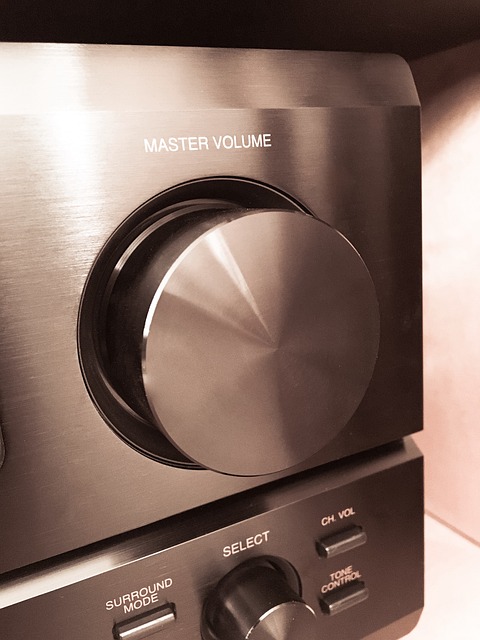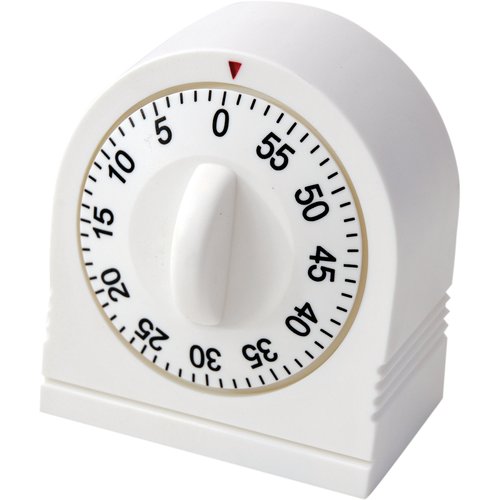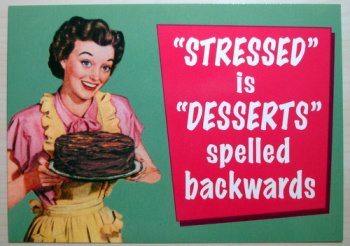In my experience, healthier relationships and inner-peace are often gained by caring less about other people. It’s actually a key issue in so many sessions I do, and honestly, I never dreamed I’d have a job helping people be less caring!
Maybe that sounds too crazy to believe, but what ‘caring less’ really means is stop taking things personally. Specifically, what other people might think or feel about us, or about what we’re doing.
Let me give you an absurd example.
Walking down a city street you see a deranged lunatic yelling at a phone pole. Suddenly he notices you, wheels around and begins screaming that you killed JFK! You’re the one who did it!
I imagine that getting safely away from this angry, unpleasant person would be a top priority, but would you be inclined to take his words personally? Hopefully not! That should be nearly impossible, right? Especially if you were a young child in 1963 or perhaps hadn’t even been born yet!
You wouldn’t be second guessing yourself: “Oh my gosh, did I kill JFK? I don’t seem to remember that, but he seemed so sure of it!”
No, it would be perfectly clear that that guy was raving mad and projecting some sort of weird fantasy onto you.
If there was a Volume Knob somewhere, for how much you cared about his words, ideally it would be turned to zero. Right?
The problem is, for many of us, our Volume Knob is stuck on 10, no matter what. Especially when it comes to how other people regard us. And not just the people we’re close to. We may be giving total strangers this “What will people think?!” kind of authority to judge us.
There are serious problems with this! Our self-esteem becomes conditional on external feedback and we may feel obliged to people please. We might lose sight of our own authentic inner-direction while attempting to second guess what will garner other peoples’ approval. This makes us vulnerable to advertisers and also narcissists, who see us as easy prey.
Having our Volume Knob stuck on 10 puts us at serious risk of losing ourselves. Healthy boundaries are next to impossible.
Many people have no idea they have this Volume Knob, much less that it’s adjustable. Instead, they imagine it’s more like an on/off switch. Either they care (too much) or not at all. And who wants to be some sort of uncaring, heartless sociopath? No thank you!
Happily, this is not the case at all. Even if our Volume Knob is rusted stuck on 10, EFT tapping, especially with a skilled practitioner, can break things loose in short order. And the change can be profound.
If someone in your life is having a bad day and being short tempered, realizing this has nothing much to do with you, really, can be hugely liberating. There’s no need for defensiveness! Your relief may open you up to new ways of responding, maybe even setting boundaries.
Not taking their bad mood personally might lead to a healthier, more fulfilling relationship.
Ideally, instead of one generic stuck-on-ten setting, we’d have adjustable Volume Knobs for each person in our life. And for strangers and the general public, how about a nice, low default setting? Like maybe a 1 or a 2?
Perhaps the Knobs could be adjusted situationally as well. We might want to crank it up a bit for that job interview or first date. But maybe not so high that we’re nervous and lose our center.
Even without outrageous accusations from raving lunatics, sometimes the people we’re closest to might project stuff onto us. Maybe subconsciously we’re standing in for someone from childhood, or an old boss or evil ex.
I suppose we all do this at times, but it’s not much fun to be on the receiving end of a projection. Having the emotional freedom to not take it personally can be life changing. In my experience, this is a great thing to tap on!Copyright Rob Nelson 2023
Interested in working with Rob? Click here for details














